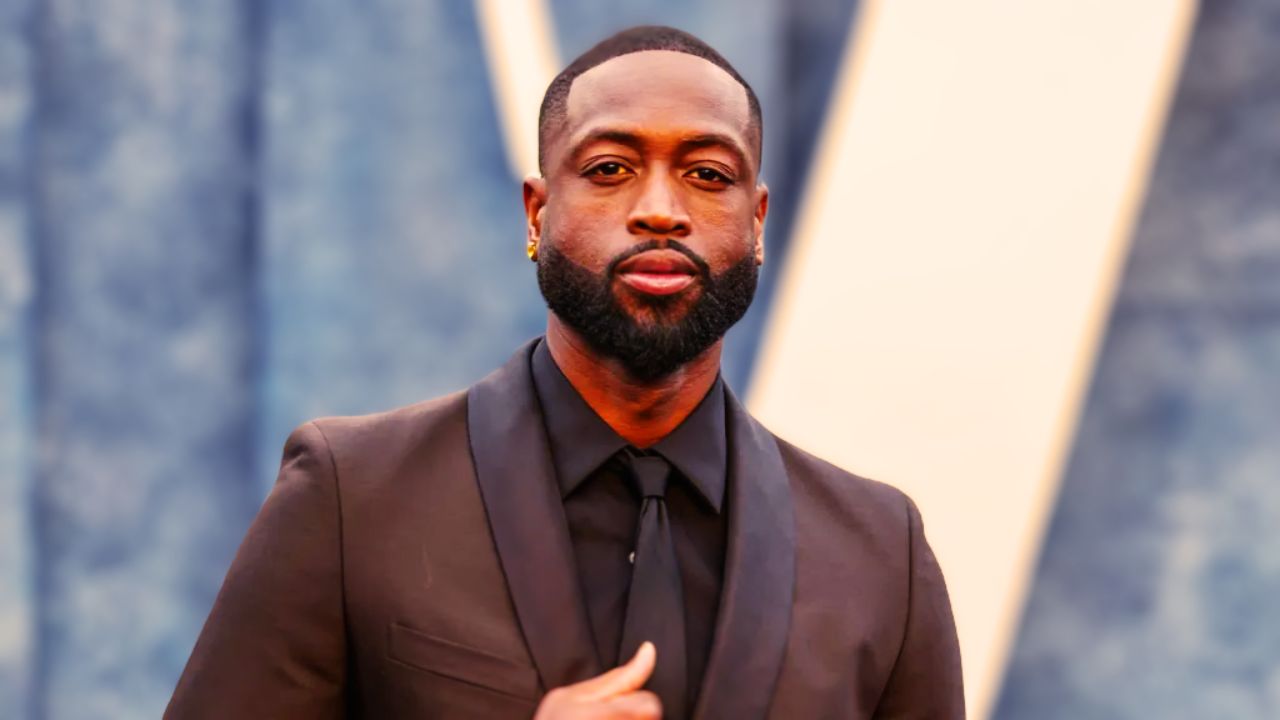A recent WNBA controversy involves Dwyane Wade, the ex-NBA star and Utah Jazz minority owner, supporting Caitlin Clark’s comments on ‘hazing’ triggered by a situation with Chennedy Carter . During a intense game between Atlanta Dream and Minnesota Lynx, Carter, recognized for her aggressive style of play, collided with various players, such as Clark, who later remarked, “You’re going to fall.”
Clark, a promising player in women’s basketball and a key player for the Iowa Hawkeyes, has openly discussed the physical requirements and obstacles encountered by athletes in the WNBA. Her seemingly casual yet controversial statement has sparked debates about sportsmanship, player safety, and the culture of toughness in professional basketball leagues.
Wade, speaking for Clark, highlighted the physical nature and competitive edge of sports, particularly in leagues such as the WNBA where players walk a fine line between assertiveness and aggression. His support of Clark’s statement highlights a larger discussion on the standards and requirements imposed on athletes, especially women, in the world of professional sports.
Dwyane Wade on idea that Caitlin Clark is being hazed: ‘You gotta show us that you built for this league’ https://t.co/oatjqpi7qy
— Legion Hoops (@LegionHoops) June 29, 2024
The event not only brought attention to the physical requirements of basketball but also prompted discussions on the WNBA culture and how players approach and deal with physical obstacles during games. As the league’s popularity and impact increase, events like these provide important opportunities to consider values such as sportsmanship, respect, and the changing nature of competition.
Clark’s ascent in college basketball and her move to the pro level have established her as a strong supporter of women’s sports and the struggles encountered by female athletes. While her statement may be controversial, it brings attention to the challenges of competitive sports and the toughness needed to excel in elite competitions.

In summary, the overlap of competitiveness, fair play, and physicality in professional basketball continues to be a complicated and changing story. Wade’s support for Clark’s comment emphasizes the continuous discussion about player behavior and the standards set for athletes in competitive settings. As the WNBA grows and progresses, these conversations will be important in determining the future of women’s basketball and professional sports overall.


